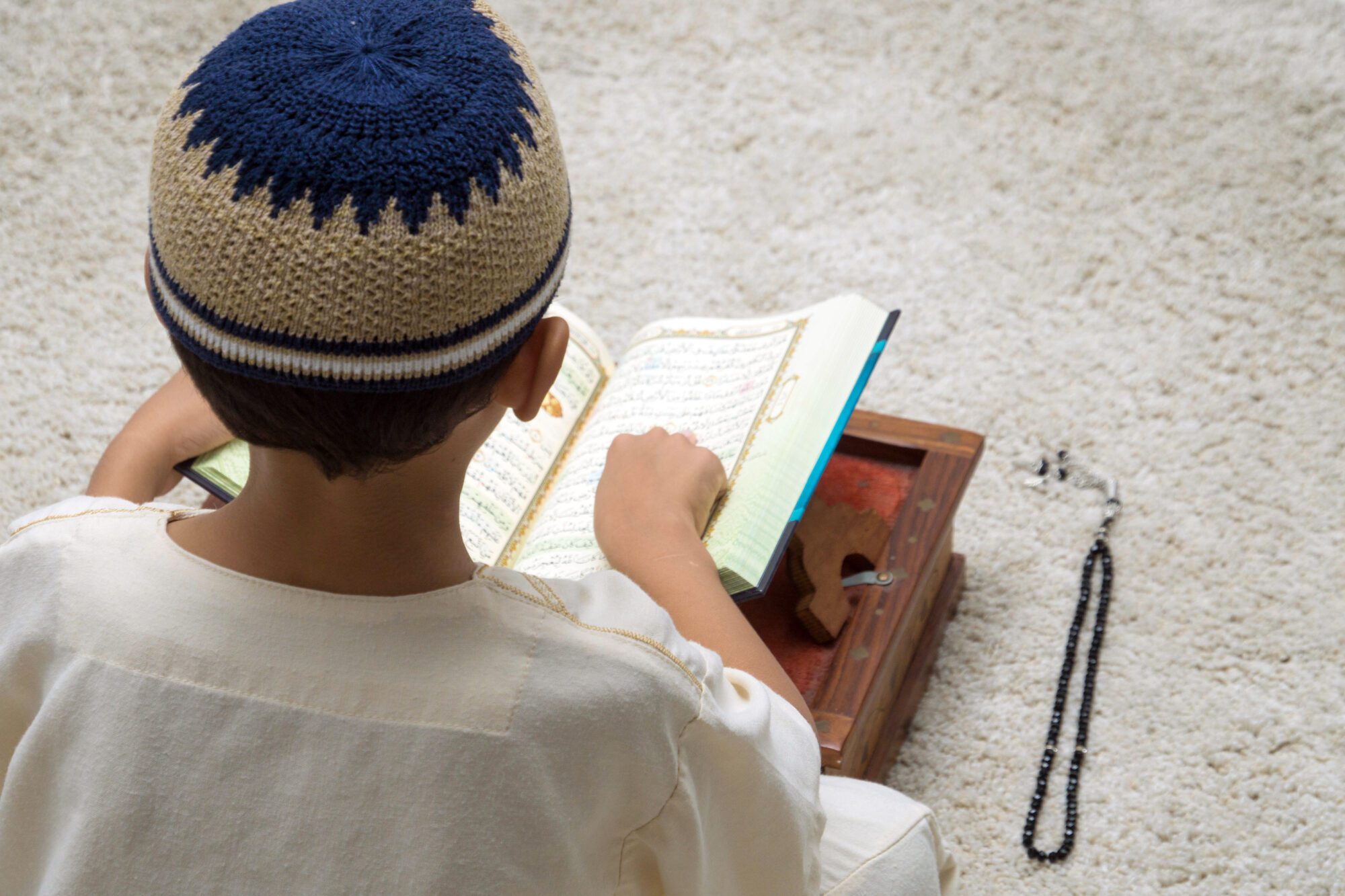
Following rulings from an administrative court, two independent Muslim schools in Sweden which function outside of the state’s traditional educational system will not be allowed to continue their operations after Swedish security services warned that students risked being radicalized by Islamist ideology contained in course material.
The pair of schools—situated in Stockholm and Uppsala—must both shut their doors after the court ruled that they do not meet the suitability requirements stipulated by the Swedish Education Act, the national public broadcaster Sveriges Television AB (SVT) reports.
Speaking on the judgement, Eva Furberg, an alderman at the Stockholm administrative court, said: “The shortcomings in the respective management circles are serious and of such a nature and extent that the supervisory authorities have been justified in revoking the foundations’ approvals as principals.”
Säpo, the Swedish Security Service responsible for counter-terrorism operations, among other things, had been observing the two schools for some time and warned the Schools Inspectorate, the government agency tasked scrutinizing schools and assessing applications to run independent schools, that students were being influenced by Islamist ideology and risked being radicalized.
Earlier this year in May, the Swedish Schools Inspectorate withdrew the permits for both schools based on warnings from the Swedish Security Service. In its decision to revoke the permits, the inspectorate noted the principals, Stiftelsen Framstegsskolan and Stiftelsen Imanskolan, were unfit to run schools due to their personal connection to the Römosses schools in Gothenburg, which were also rejected by the inspectorate.
Following the inspectorate’s decision, both schools filed appeals and were allowed to continue their operations pending the administrative court’s verdict last week. One school, the Imam School, had some 200 students while the other, the Progress school, had roughly 80 students.
The school in Uppsala has vowed to appeal the administrative court’s decision. Maged Ashkar, one of the school’s board members in a statement said: “The board thinks it is an unfair decision. There is no evidence for what we are accused of.”
